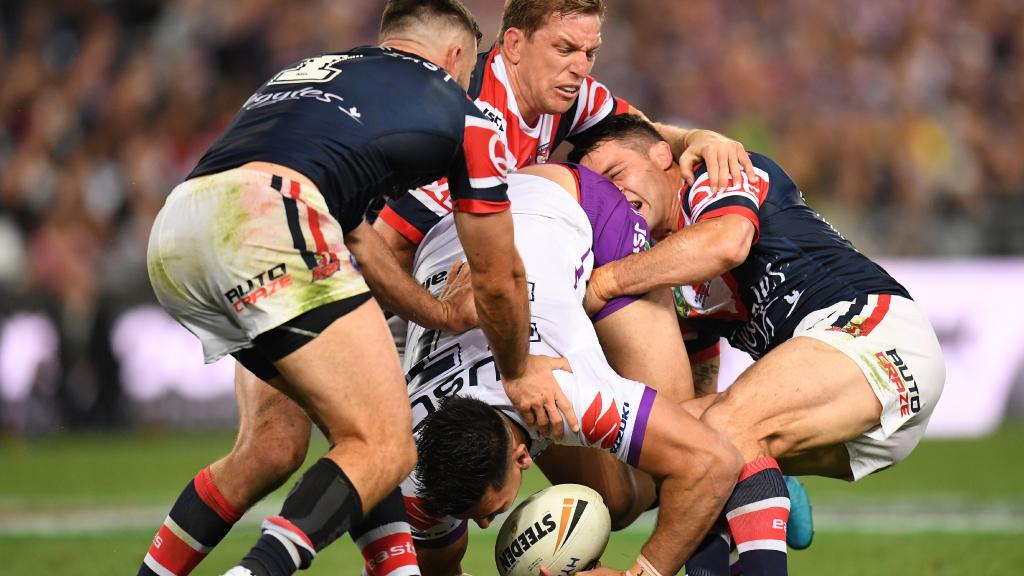
Australia’s National Rugby League is one of the most prestigious club competitions in the country, has grown tremendously over the last decade. The NRL hosts 16 clubs who have to vie for the top spot after 26 thrilling rounds from March to October every year to reach the finals. The Grand final held in October is one of the world’s biggest games in terms of viewership and popularity.
No wonder that the online betting market for NRL enjoys a strong reputation. The betting market attracts several newbies to bet on elite games. You can rely on various betting platforms in Australia for trusted betting strategies for betting on the Rugby League games.
Are you game for some action with loads of bets being placed on the players and the rugby games? Know every facet of rugby league, right from the local community clubs to the elite level. One can even visit website to gather relevant insights on rugby league games, events, and programs. Don’t worry; the terms used are not tough to understand, and the language is quite easy to comprehend for a newbie.
Understanding the National Rugby League
Stringent rules govern the National Rugby League games wherein two teams of 13 players face each other on the field. The objective of every player is to tackle the players while carrying the ball to the opposite goal line. The players can even kick the ball towards the goal line. Crossing the opposing goal line means points.
Every successful attempt to reach the goal line is known as a try. The team has a chance to try at goal after every try. They can opt for conversion with a strong kick of the ball over the goal line within the parameters for further points. The opponent can tackle and try to stop the attacking side forcefully to score points. It is their objective to prevent the opposing players from reaching their target, which is the try!
Other than tries, players can score points for their team through goals and field goals. Composing more than the opposition within 80 minutes of play is the most significant objective here. If the points are equal, it is a draw in regular time. Sometimes the game enters extra time where the players will attempt to score a try and defend their goal-line successfully. Every successful defence is worth four points, with two points derived from conversions or penalties.
National Rugby League – The Rules
Every player is required to occupy a field position in rugby league, as players continue to pass backward or sideways direction to other players from stopping the defence from wresting the ball from their hands. A teammate should pay attention to the play and remain behind the player with the ball at all times.
The game begins with the players gathering at the centre of the field, at the ‘halfway line.’ A 20-meter line is drawn from the restarting position, especially when a player breaks the rules by standing within the goal area during the play or the ball crosses the opposing goal line.
Tackling is crucial to Rugby, and an attacking team can be defended with a maximum of 6 tackles when they are keen to run up the field with the ball in hand. Players are supposed to tackle the opposition roughly and prevent them from scoring tries. Hence, every player needs to be skilled in tackling. A player carrying the ball is knocked by opposition players and not allowed to escape with the ball up the field. The player being tackled is expected to retain ball control and not lose the ball in any way. A scrum will decide the possession of the ball, and the ball is passed sideways or backward to run upfield with the ball.
Summary of Rules for National Rugby League
- No deliberate passing of ball forward to team players
- Smashing the ball towards the boundary line with hands is known as a knock-on. It is not permissible as per the rules of the game.
- A player cannot be deemed offside within the goal line in any way.
- The ball needs to touch the foot of the player at kick-off.
- A ball kicked over the opposing boundary line leads to restart by scrum.
- A penalty is imposed on the player for practising on the field before kick-off.



